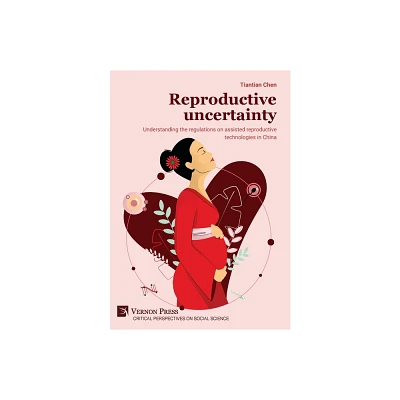Home
Economics of Social Relations: Critical Perspectives on Capital
Loading Inventory...
Barnes and Noble
Economics of Social Relations: Critical Perspectives on Capital
Current price: $180.00


Barnes and Noble
Economics of Social Relations: Critical Perspectives on Capital
Current price: $180.00
Loading Inventory...
Size: Hardcover
*Product Information may vary - to confirm product availability, pricing, and additional information please contact Barnes and Noble
Starting from the idea that economic relations are social relations, and every economic fact is first a social fact, this book explores one of the crucial problems within economic science: how to embody the social dimension into the study of economic reality from a critical perspective.
This book opens with an examination of the concept of social capital, incorporating all the approaches from the last 30 years of analysis. It reviews the two main orientations of existing research programmes in social capital: the macro or culturalist perspective and the micro or individual social capital. Furthermore, it proposes a reconstruction of the theory from a micro perspective. Finally, taking this approach, this book explores the link between social capital and the negative aspects of social reality, such as corruption or inequality, and, through the study of so-called relational goods, the influence of social capital on subjective well-being. The analysis of the concept of social capital not only involves economists but also requires a necessary bridge with sociology, anthropology, political science, and even psychology.
This book will, therefore, be crucial reading for anyone engaged in the problem of the interrelation between economy and society.
This book opens with an examination of the concept of social capital, incorporating all the approaches from the last 30 years of analysis. It reviews the two main orientations of existing research programmes in social capital: the macro or culturalist perspective and the micro or individual social capital. Furthermore, it proposes a reconstruction of the theory from a micro perspective. Finally, taking this approach, this book explores the link between social capital and the negative aspects of social reality, such as corruption or inequality, and, through the study of so-called relational goods, the influence of social capital on subjective well-being. The analysis of the concept of social capital not only involves economists but also requires a necessary bridge with sociology, anthropology, political science, and even psychology.
This book will, therefore, be crucial reading for anyone engaged in the problem of the interrelation between economy and society.


















